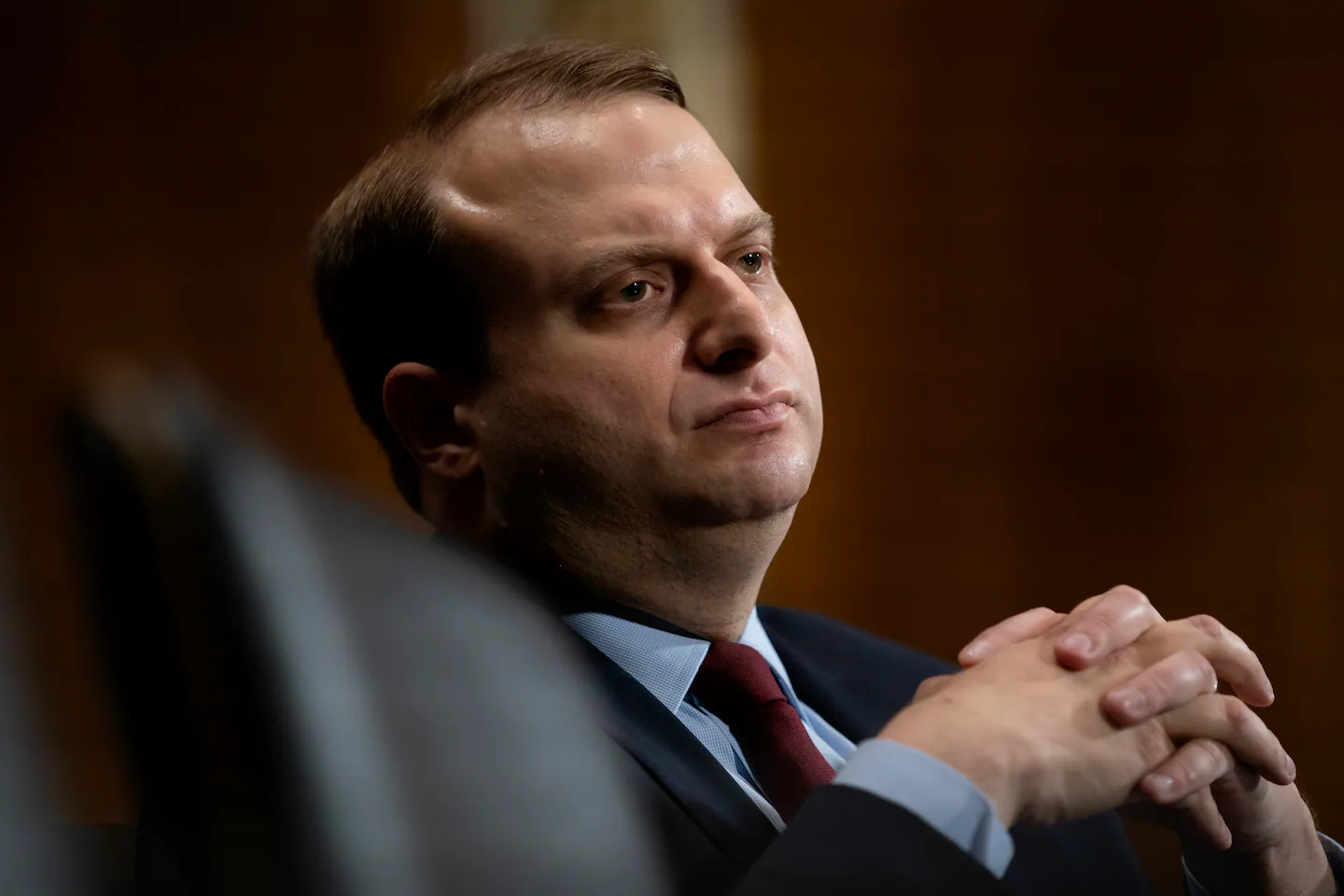
The Trump administration appealed those decisions, ultimately triggering today’s arguments before the US Court of Appeals for the Second Circuit. The central question in both proceedings, which will be argued back-to-back, is whether the Vermont judges had the jurisdiction to determine if Öztürk and Mahdawi had been unlawfully detained. The government has argued that Congress stripped federal district courts of that power, while attorneys for the activists have disagreed.
Appeals are typically heard by three judges randomly selected from a larger pool. And though a bare majority of the 13 active judges on the Second Circuit were nominated by Democratic presidents, all three chosen to hear today’s cases were nominated by Republicans — two by President Trump.
They include Chief Judge Debra Ann Livingston, who was named to the court by President George W. Bush, and Judges William Nardini and Steven Menashi, both Trump nominees.
Menashi already made clear where he stands on Öztürk’s and Mahdawi’s cases when he wrote an unusual opinion earlier this month embracing the government’s arguments.
His professional and political background also may bode poorly for the student activists. Menashi served as chief counsel in the Department of Education during Trump’s first term and then in the Office of White House Counsel. There, according to liberal groups and Democratic senators who opposed his nomination to the Second Circuit, he took part in an immigration policy working group headed by the controversial Trump adviser Stephen Miller.
Senators of both parties criticized Menashi during his September 2019 confirmation hearings for refusing to answer questions about his role in the president’s immigration policies. The Senate confirmed him later that year on a largely party-line vote of 51-41.
Menashi recently drew the ire of some colleagues on the court when he weighed in on Öztürk’s and Mahdawi’s cases in a manner other judges deemed inappropriate.
In May, a separate three-judge panel of the Second Circuit had taken up both cases on an emergency basis when the Trump administration sought a stay of the Vermont judges’ decisions. That panel — composed of two judges appointed by Democrats and one by a Republican — unanimously sided with Öztürk and Mahdawi, writing that they were likely to prevail when the case was formally argued before the court.
The Trump administration later urged all 13 members of the court to reconsider that decision, but the court declined. Rather, a majority of the judges agreed, a second three-judge panel should take up the case for full arguments this week.
As this procedural point was being decided, Menashi took the unusual step of writing a lengthy opinion in which he outlined why he believed the first panel had erred.
His 32-page opinion, signed by one other Trump-appointed judge, painstakingly details why he believes the government had every right to detain Öztürk and Mahdawi — and why the Vermont judges were out of line.
In response, the six judges nominated by Democratic President Joe Biden wrote their own 21-page rebuttal, castigating Menashi for weighing in at this stage and countering his legal arguments. Given the volume of cases the court takes, they wrote, it’s necessary to divvy up the work among three-judge panels.
“Although any member of our Court might have something they deem worthy of saying about a matter on which they are not on the panel,” the Biden-nominated judges wrote, bypassing the usual process to do so, “is profoundly disruptive to our work.” That’s because if one judge weighs in, others will feel compelled to do so as well, they argued.
“It is unfortunate that Judge Menashi has seized upon the short period (between the stages of the process) to publish his thoughts and force discussion of such complicated issues with little briefing and no argument,” the judges wrote.
None of those six judges were selected for the second panel, but Menashi was.
Neither of the other judges on the second panel, Nardini and Livingston, took part in the procedural back-and-forth, and neither has publicly revealed their views on the underlying matter.
Though Nardini was also nominated by Trump, his confirmation was far less partisan. A veteran federal prosecutor in Connecticut, Nardini’s 2019 nomination was supported by his home-state Democratic senators, and he was confirmed by an 86-2 vote.
Livingston, the first woman to serve as chief judge of the Second Circuit, is also a former federal prosecutor. Prior to her 2006 nomination to the court by Bush, she spent a dozen years as a professor at Columbia Law School.
In a 2020 profile of Livingston, she rejected the ideological labels applied to judges based on the president who nominated them.
“Those labels are not generally accurate to the internal debates that go on in the court,” she said, saying all the judges on her court believe in the rule of law. “They go the extra mile to try and do the right thing and understand what the right thing is. They are not politicians. I would not put that label on any one of them.”



